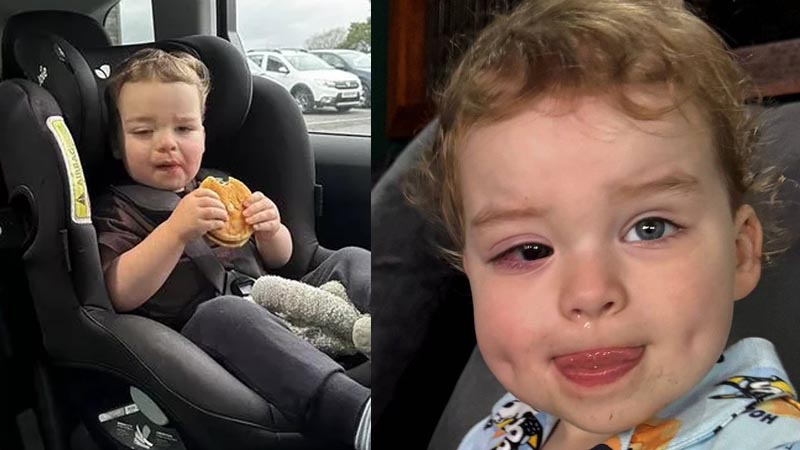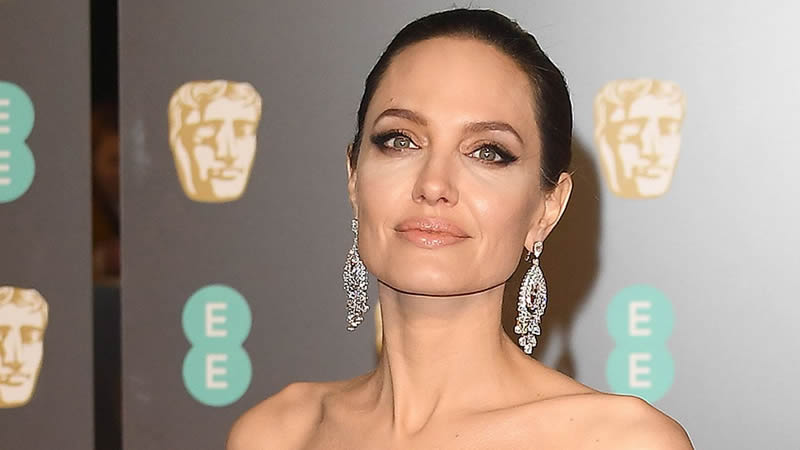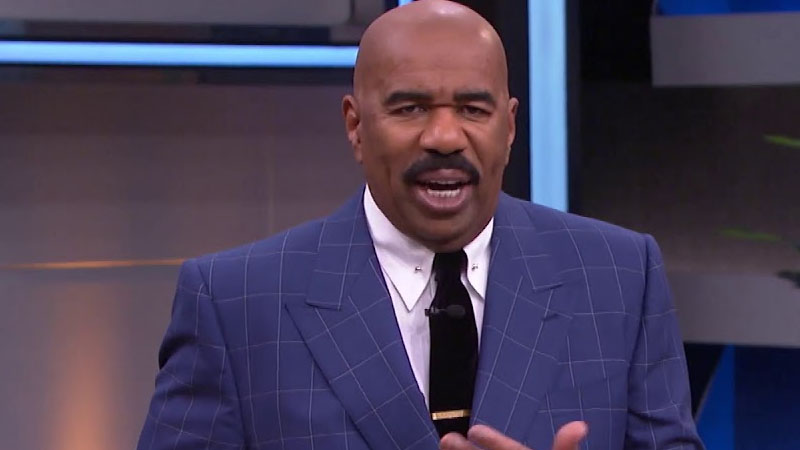Donald Trump Faces Critical Jury Selection in New York Hush Money Trial

Source: NPR
Donald Trump has recently been attending a court proceeding where he has spent three days listening to numerous Americans express their unfavorable opinions about him. The former president appeared visibly displeased by the feedback during the jury selection phase of his hush money trial in New York.
The process involved potential jurors openly discussing their perceptions and opinions of Trump. As the days progressed, it became clear that the jury pool harbored specific grievances against him. During the questioning by lawyers, one of Trump’s attorneys highlighted that some witnesses expected to testify might be biased against Trump, revealing a strong disfavor or even a desire for retribution, told Raw Story.
The attorney questioned whether the jurors could set aside these personal biases and focus solely on the evidence presented regarding Trump’s guilt or innocence. One juror characterized Trump as “very selfish and self-serving,” critiquing his demeanor, as particularly unfitting for someone who has been a public servant. Another juror expressed a personal distaste for Trump’s public persona, stating it wasn’t to their liking.
This sentiment was echoed by another who, despite claiming neutrality, criticized the manner in which Trump conducts himself, suggesting it often leaves much to be desired. She assured the court that her personal views would not affect her ability to remain impartial. Interestingly, another prospective juror mentioned that although she didn’t harbor strong opinions about Trump, her social media activity might suggest otherwise, as she often posts critical comments about political figures, including Trump.
These candid assessments from potential jurors were not lost on Trump, who reacted strongly to the comments. According to MSNBC’s Yasmin Vossoughian, following the remark about his selfishness, Trump displayed a clear reaction by leaning back and crossing his arms, a non-verbal display of his displeasure upon hearing how he was perceived.
Amidst these criticisms, there was a moment of relief for Trump when one New Yorker, also a potential juror, remarked positively about living in one of Trump’s properties, noting no issues with the construction quality. This rare positive note saw Trump nodding in approval, perhaps a brief respite from the otherwise critical commentary.
This jury selection phase underscores the challenges in ensuring a fair trial given the polarized views about Trump. The jurors’ openness about their perceptions of Trump highlights the intricate balance the court must navigate between personal biases and judicial impartiality. As the trial proceeds, the ability of jurors to remain neutral and objectively assess the evidence will be paramount in determining the outcome of the case.


